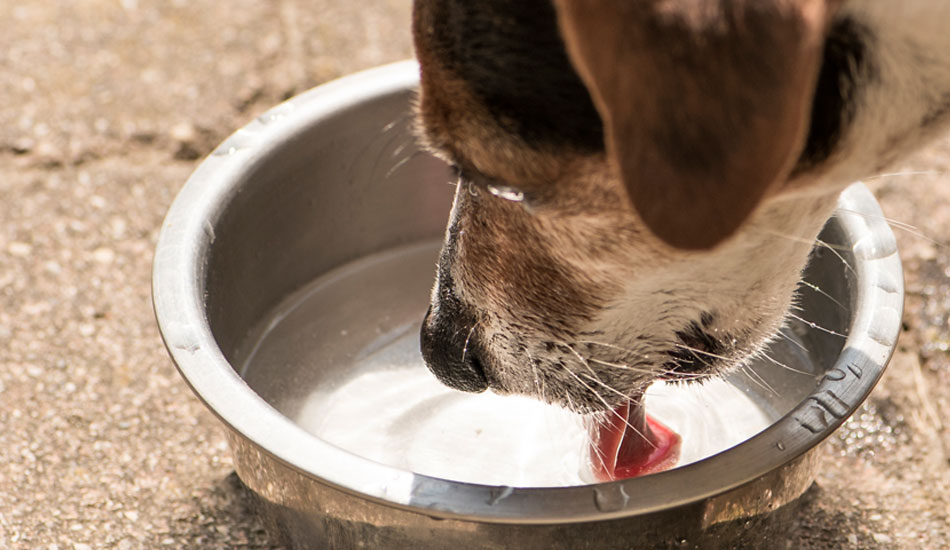
Hyperparathyroidism
For some reason, we have been seeing increased numbers of dogs with hyperparathyroidism. This is not a common disorder, but it results in calcium levels that are far greater than normal in the body. Normally, calcium levels are tightly controlled and not allowed to elevate.
The most common complaints by owners of dogs with hyperparathyroidism is increased drinking and urinating. There can also be lethargic, have decreased appetite and muscle tremors. If it is allowed to progress unchecked, serious sequelae such as kidney failure may result. If the patient has developed the condition very slowly, they may have developed stones in the urinary bladder due to excessive levels of calcium lost in the urine.
Diagnosing hyperparathyroidism is not difficult, as an elevated blood PTH (parathormone) level is diagnostic. The bad news is that it takes about a week to get the test results back. Because this condition is not common, it is not the first thing to check when a patient has elevated calcium. Unfortunately, cancer is the most common cause of elevated calcium levels. The first thing we do when we note an elevated calcium is double check it, often with an ionized calcium level which tells us the amount of biologically active calcium available. If it is elevated, then the calcium level is likely truly elevated.
Treating hyperparathyroidism is not technically difficult. The treatment of choice is to remove the affected parathyroid gland. That sounds easy in theory, but the difficulty lies in determining which of the 4 parathyroid glands should be removed! For this reason, a surgeon that is experienced in looking at parathyroid glands should be consulted. Recently, some of our patients have had a number of significant comorbidities, and surgery was not felt to be in their best interests. In those cases, we have used ultrasound guidance to inject ethanol into the affected parathyroid gland to try to kill the cells producing excess hormone. This procedure works pretty well in most situations, although it sometimes has to be performed several times.
As always, if you suspect there is something wrong with your dog, please see your local veterinarian.

